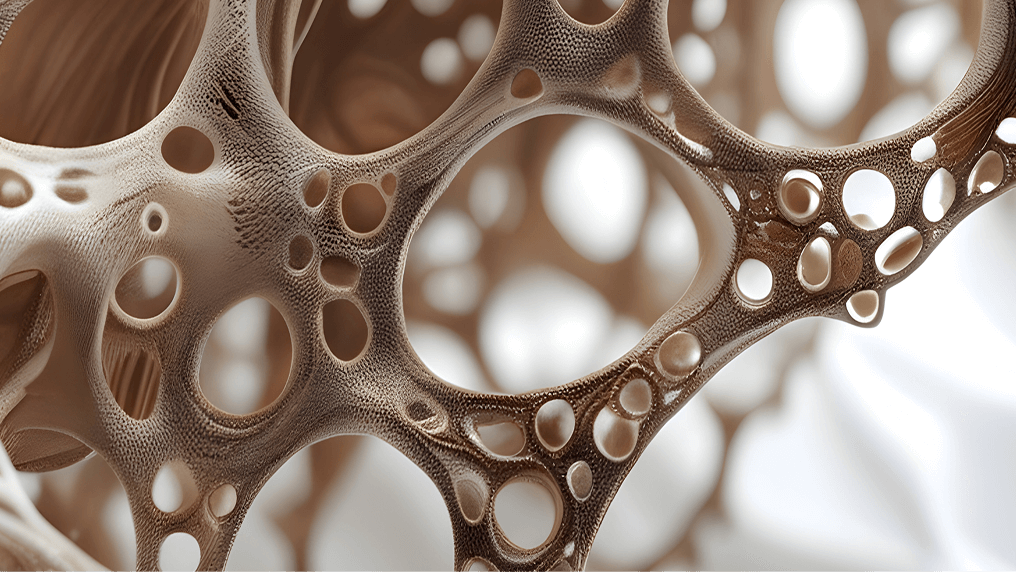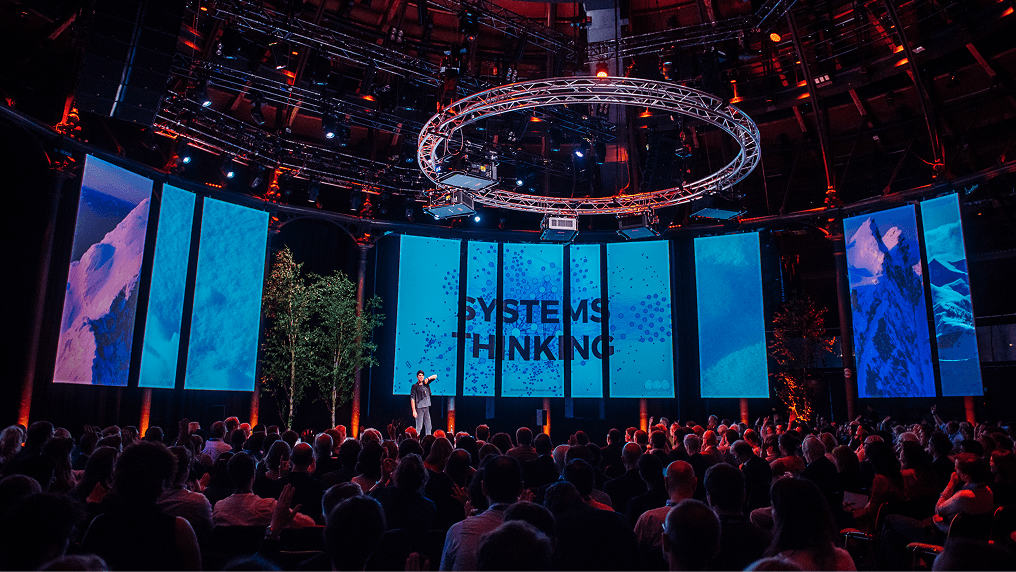Design has the power to enable systemic change at individual, business and community levels. Join us for this episode as we hear from Malin Nordin, Head of Circular Business Development at Inter IKEA Group, on the ability of large organisations to scale up the circular economycircular economyA systems solution framework that tackles global challenges like climate change, biodiversity loss, waste, and pollution. It is based on three principles, driven by design: eliminate waste and pollution, circulate products and materials (at their highest value), and regenerate nature. through designing affordable furniture. We will be discussing how the circular economy can shift the perception that ‘affordable’ means cheap and poorly made, to one that gives rise to quality design. We will also hear from Emily Pilloton, founder of Girls Garage. Emily promotes design with inclusivity, encouraging economic development for all with emphasis on the importance of exercising voice and power, bringing communities together.

Ep 45: Affordability and inclusion: designing for a circular economy
Published on
News and updates fromThe Ellen MacArthur Foundation
Click to subscribeThe Ellen MacArthur Foundation works to accelerate the transition to a circular economy. We develop and promote the idea of a circular economy, and work with business, academia, policymakers, and institutions to mobilise systems solutions at scale, globally.
Charity Registration No. (England and Wales): 1130306
OSCR Registration No. (Scotland): SC043120
Company No.: 6897785
Ellen MacArthur Foundation ANBI RSIN (Netherlands): 8257 45 925
The work of the Ellen MacArthur Foundation is supported by our Strategic Partners and Partners.
© Ellen MacArthur Foundation






